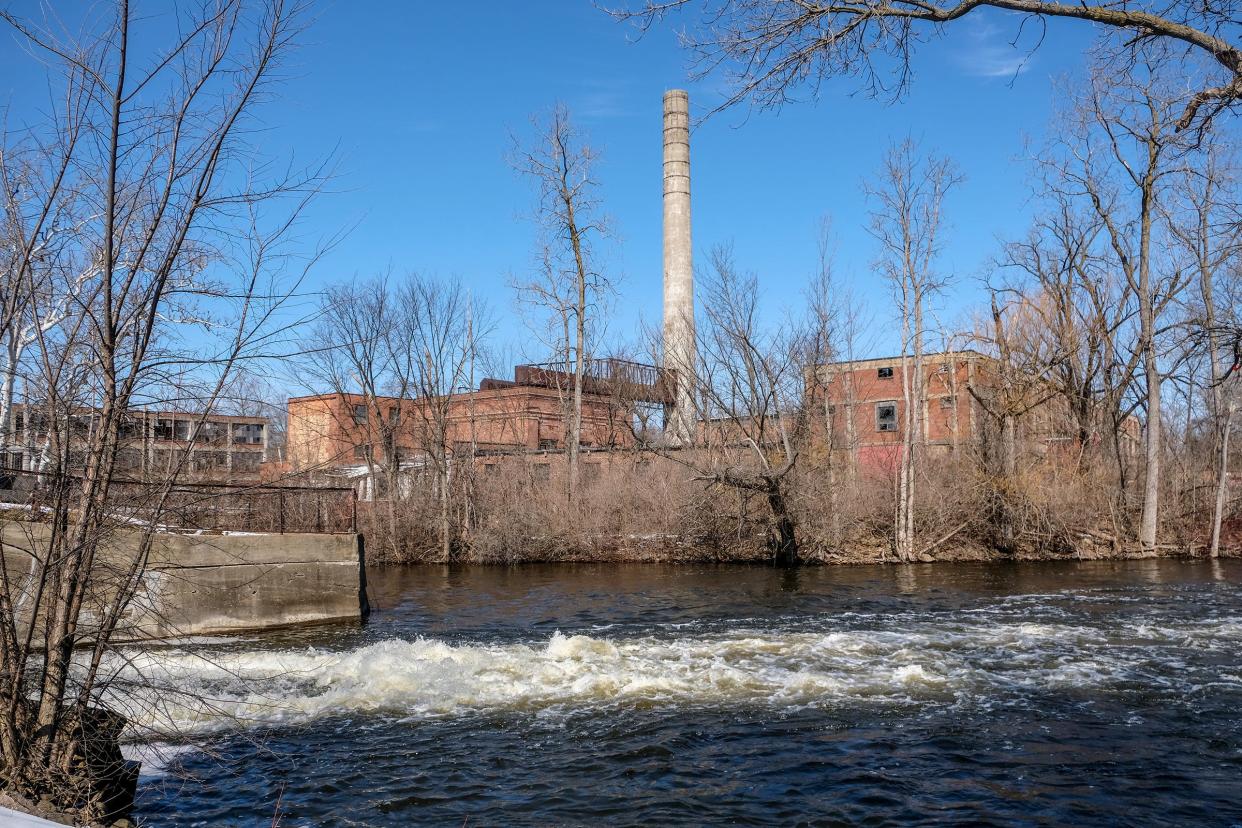Eaton County may take control of blighted Horner Mill industrial buildings

EATON RAPIDS — The owner of the blighted, historic former Horner Woolen Mill at M-99 and Main Street wants to deed the property to the Eaton County Land Bank, but officials have not yet made a decision on whether to accept the offer.
Eaton County Treasurer Bob Robinson said the county received a proposal from the owner, Utah-based Mill Street LLC, to transfer the property to the land bank after Eaton Rapids officials filed a lawsuit against the company in January because it failed to demolish the property by an agreed-upon deadline.
The city's Eaton County lawsuit remains active while county land bank officials review the offer. Robinson and Eaton Rapids City Attorney Cullen Harkness say both county and city officials agree the land bank could provide the property's best chance for cleanup and remediation, which is expected to cost more than $3 million. However, county officials are opposed to taking on the current owner's liabilities.
Mill Street had signed an agreement following a previous lawsuit by the city saying it would demolish all but one building on the 7-acre site at 224 N. Main St. by the end of 2023. A $653,000 grant from the Michigan State Land Bank Authority secured by the county to help pay for the site's demolition and remediation was revoked after the company failed to follow through with the work.
County land bank is reviewing proposal
An attorney for the county land bank is reviewing Mill Street LLC's proposal, Robinson said.
"Obviously, our land bank is not going to accept all liabilities from the previous owner," he said.
If the county land bank does assume ownership of the property, it would need to "take a more structured approach" to its demolition and remediation, Robinson said.
"There was no way that land bank was going to be able to make a timeline that was based on the previous owner's lawsuit with the city and the city knows that the land bank isn't going to be able to do that," he said. "We're going to need to attract some state funding for cleanup, as well as the demolition."
The land bank is in the best position to do that, Robinson said.
"We have a lot more ability to attract that public funding," he said. "We have more protections than what a private owner has with respect to environmental cleanup."
Lawsuit over failed demolition remains ongoing
Cullen said the city's latest lawsuit against the company, filed in Eaton County Circuit Court, is ongoing.
"I think everyone agrees putting the property in the hands of the land bank is going to be the best option since the county land bank is going to have more resources and more ability to deal with the property with the kinds of issues that this particular one has," Harkness said. "It's very apparent that there's no feasible way for the defendant to develop the property."
He said "settlement discussions" with the property's owner continue, but "we just set the scheduling order in the event that our settlement discussions fail...I think the end game for the city is to get the property into the land bank's hands."
Horner Woolen Mills operated at 224 N. Main St. from about 1880 to the mid-1950s. A flour mill operated on the site as early as 1837, but was purchased by businessman Samuel Horner in 1880. The company later supplied wool for blankets and uniforms during World War I and World War II.
The vacant buildings have been crumbling for decades. The property has been considered an eyesore and, at times, a danger by city officials, but despite city directives to make the property safe, Mill Street LLC hasn't.
READ MORE:
Old Chicago Pizza closing in Okemos; contents of restaurant to be auctioned off
Delta Township apartment complex could nearly double in size, according to proposal
Contact Reporter Rachel Greco at rgreco@lsj.com. Follow her on X @GrecoatLSJ .
This article originally appeared on Lansing State Journal: Blighted Horner Mill site offered to Eaton County Land Bank

